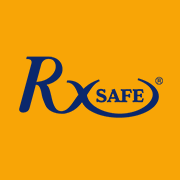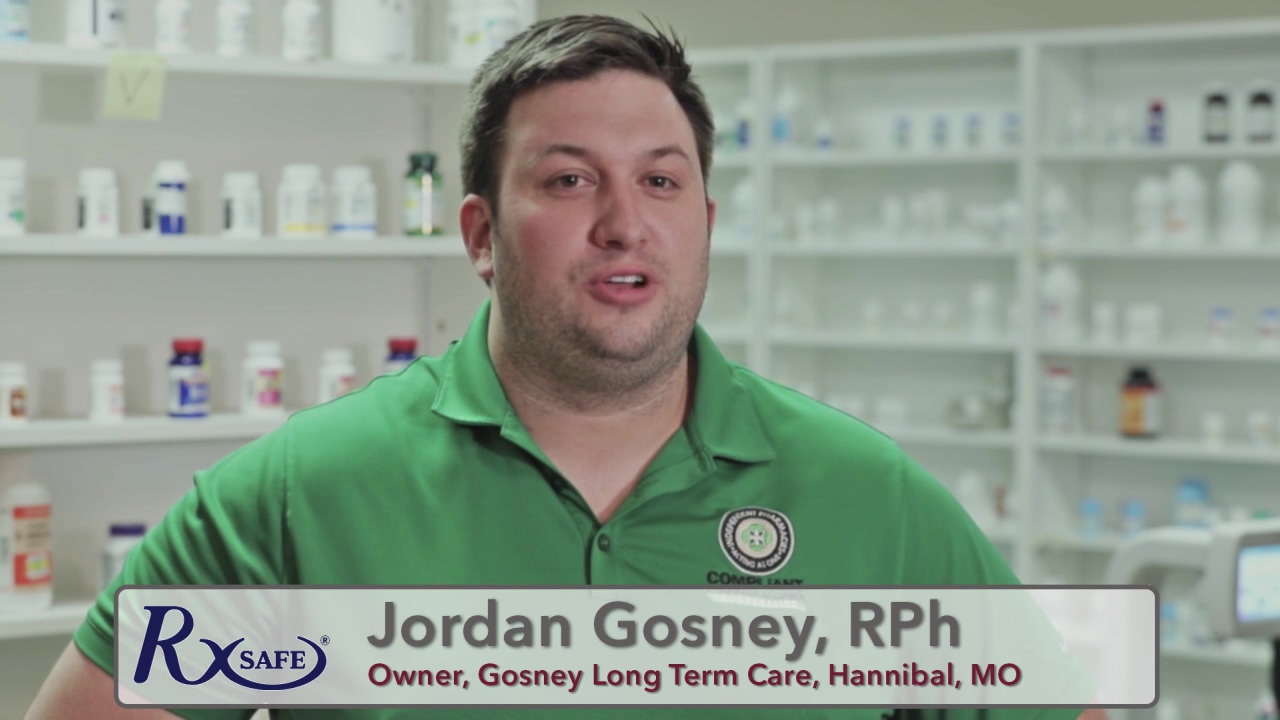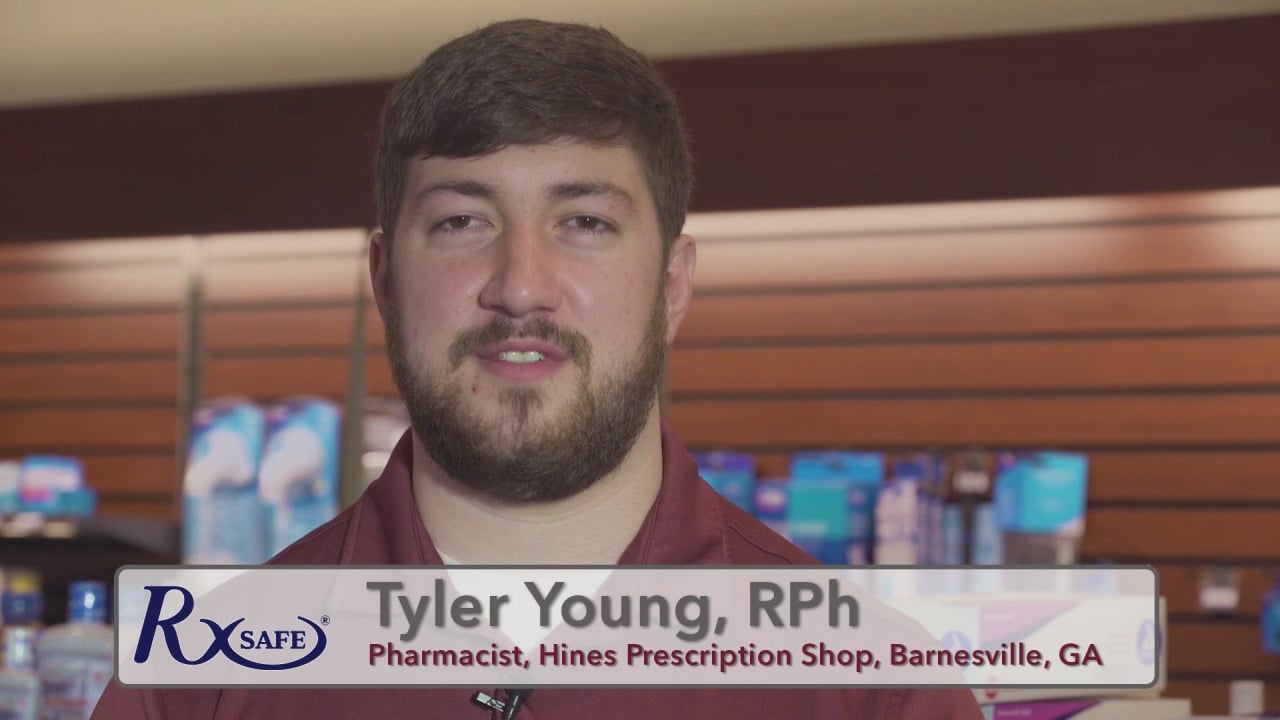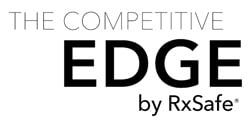The summer of 2023 has seen record-breaking heat across the country, as well as unprecedented heat waves across the globe.
July 2023 was the hottest month in recorded history. During the month, cities across Arizona, Texas, and the Desert Southwest recorded consecutive days of 100-degree heat and higher. August has seen a continuation of the trend, with heatwaves expected in the Pacific Northwest this month.
High temperatures pose a health threat to people, especially those with underlying health conditions
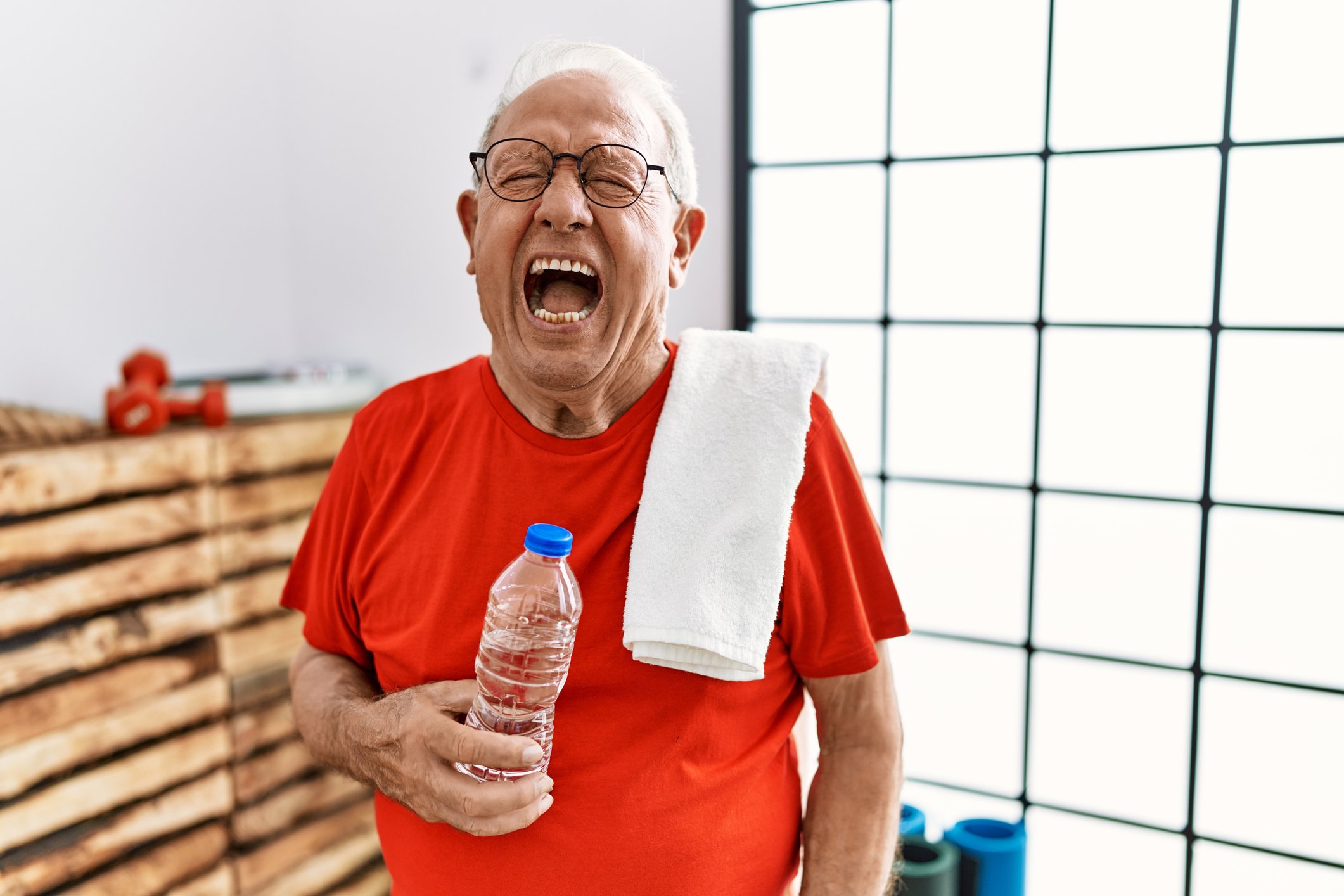
Dangerous temperatures
Despite public awareness of the dangers posed by high heat, the CDC (Centers for Disease Control) reports an excess of 600 heat-related deaths each year.
In fact, the country has seen a 95% increase in heat-related deaths since 2010.
People may not realize the danger of extreme heat until it is too late, when they are already in a life-threatening situation.
What is extreme heat?
The CDC defines extreme heat as “temperatures that are much hotter and/or more humid than average for a particular area ot time of year.” The heat makes it harder for the body to cool itself, leading to heat exhaustion, where the body overheats, or heat stroke, a more serious condition where the body’s temperature shoots up to 104° F (40° C) or more.
Who is at risk?
When temperatures flare up, who is most susceptible to heat’s effects?
- Older adults. Older adults may be more susceptible to heat-related illnesses, such as heat stroke. Older people do not adjust as well as young people to sudden changes in temperature. The body loses its cardiovascular capacity to eliminate heat as it ages. Seniors may take certain medicines or have chronic illnesses that affect their ability to regulate body temperature. Dehydration diminishes their ability to regulate temperature, and thus, their risk of developing a heat-related illness rises
- Very young children. Children's bodies have more trouble regulating temperature than those of healthy adults. Because of smaller body mass-to-surface area ratios, children may be more vulnerable to heat-related morbidity and mortality. They also take longer to increase sweat production and otherwise acclimate in a warm environment than do adults.
- People with mental illness. People with mental health conditions who take medications, which can make the body less able to regulate heat, may be more prone to overheating. Heat can also make mental health issues such as irritability, depression, anxiety, aggression and suicide worse. This can cause them to be more susceptible to heat-related illnesses such as heat exhaustion and heat stroke. Heat can also affect cognitive functions like memory, attention, and reaction time, as well as sleep quality.
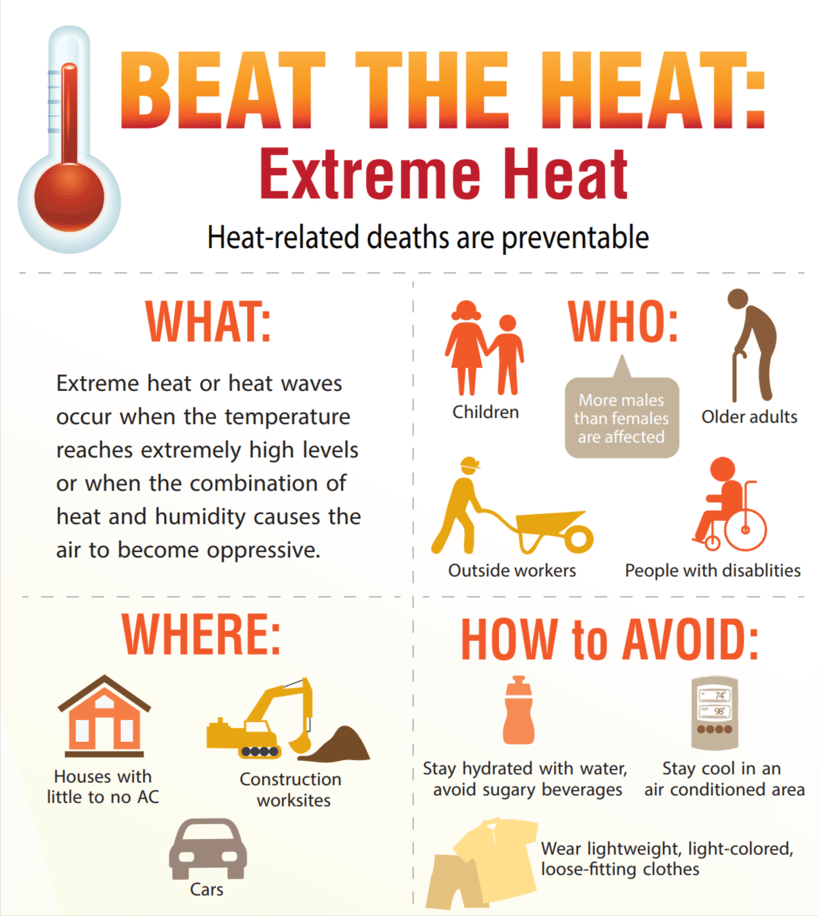 Click above to view the entire Infographic. Image courtesy of The Centers for Disease Control and Prevention.
Click above to view the entire Infographic. Image courtesy of The Centers for Disease Control and Prevention.
- People with chronic diseases. Extreme heat can disturb the balance of essential minerals in the blood known as electrolytes for many people with chronic illnesses (especially of the heart and kidneys). When this occurs, a person may feel fatigued, nauseated, or experience headaches.
- Active people. People who are active outdoors and do strenuous physical activities such as hiking, running, or cycling are at substantial risk. Most people underestimate conditions and fail to hydrate properly.
- People who take certain medications. Some medications can make you more sensitive to heat. These include:
- Antidepressants, especially tricyclic antidepressants, and some selective serotonin reuptake inhibitors (SSRIs). Some antidepressants interfere with the way the body regulates the heart rate, blood pressure and thirst.
- Antihistamines and decongestants, which are used for allergies and colds. Some antihistamines, especially first-generation ones with diphenhydramine, can inhibit sweating and increase body temperature.
- Antipsychotics, which are used for mental disorders.
- Blood pressure medicines, especially beta-blockers and diuretics. These medicines can reduce the heart’s ability to pump more blood to the skin, reducing the cooling effect that this brings.
- Acne treatments, especially retinoids and isotretinoin. Retinoids can increase your sensitivity to UV rays, making you more susceptible to sunburn.
- Antibiotics, especially tetracyclines and sulfonamides. Some antibiotics can make your skin more sensitive to the sun. This is called drug-induced photosensitivity, and it makes you more likely to get a rash or a severe sunburn – the kind that peels and blisters – following sun exposure. See Why Drugs Are Temperature-Sensitive (verywellhealth.com).
- Non-steroidal anti-inflammatory drugs (NSAIDs), which are used for pain and inflammation
- Vitamins and herbs, especially St. John’s wort and dong quai.
- Topical medications, especially those containing salicylic acid or benzoyl peroxide.
The AARP has a very useful list of medications that may make it harder to handle changes in temperature, especially heat.
Heat, wildfires, & air pollution
Aside from causing heatstroke and heat exhaustion, extreme heat can also aggravate cardiovascular disease, especially on days when air pollution is high and in there are high concentrations of particulate matter 2.5 (PM 2.5).
PM 2.5 is a pollutant, 2.5 micrometers or smaller, produced by wildfires common in summer. These extremely small particles are dangerous when airborne, since they can get into a person’s lungs or bloodstream and cause a host of cardiovascular problems.
A study presented by the American Heart Association’s study showed that extreme heat and fine particulate matter poses the greatest risk for patients with cardiovascular disease. The study, which examined more than 200,000 deaths from heart attacks in China, showed that pollution and extreme heat may double the risk of heart attack death.
What can pharmacists do?
As we have mentioned in past blogs, community pharmacists, as the most accessible healthcare providers in the community, are in a unique position to deliver vital care to patients.
Pharmacists can help their communities in times of extreme heat by educating them about the dangers of heat and its effects on vulnerable populations:
- Remind your patients to keep hydrated and stay in air-conditioned indoor locations on days with high temperatures.
- Advise patients on how to identify heat illness early warning signs, such as heavy sweating, pale skin, or redness.
- Educate patients on the safe handling of medications sensitive to heat.
- Identify patients who may be at greater risk during extreme heat events.
- Advise your patients who are taking medications that may exacerbate heat-related conditions of the possible interactions between their prescriptions and extreme heat
For more information and resources on extreme heat, visit the CDC’s page here.

